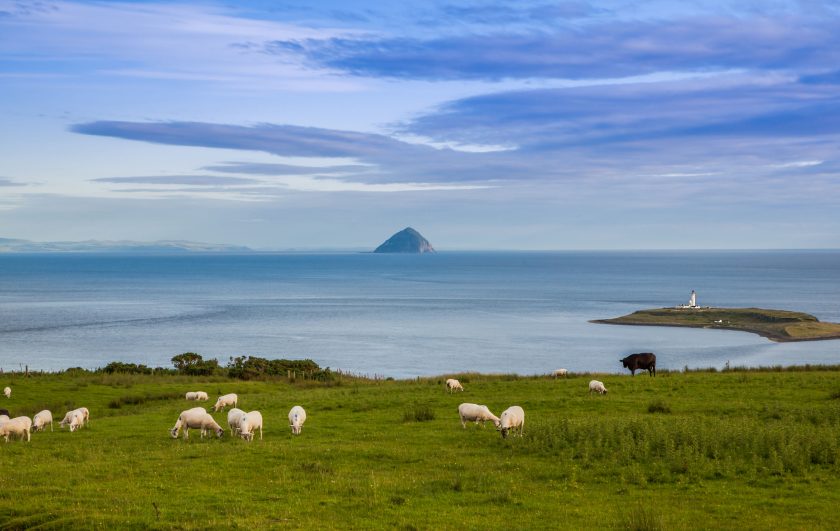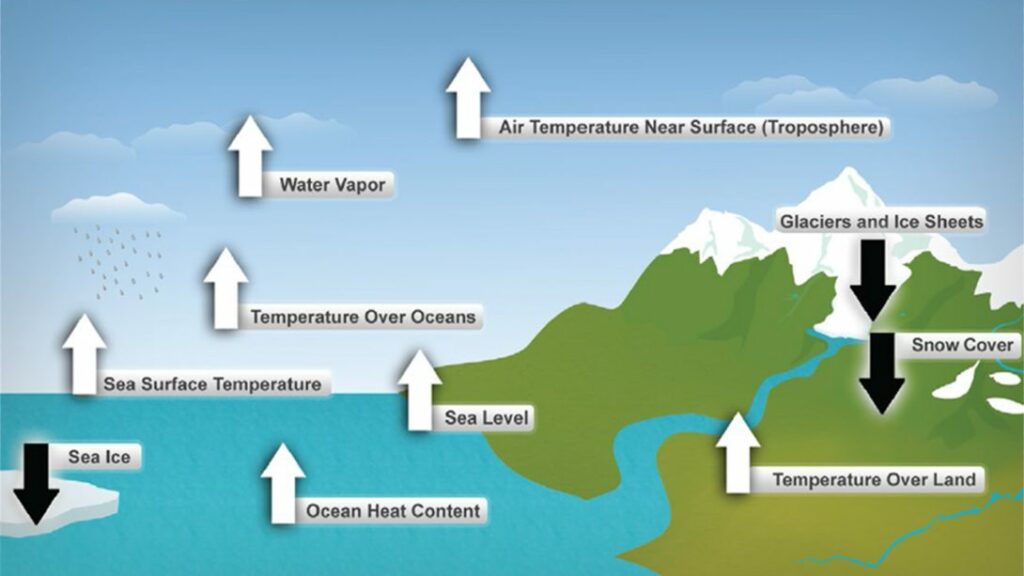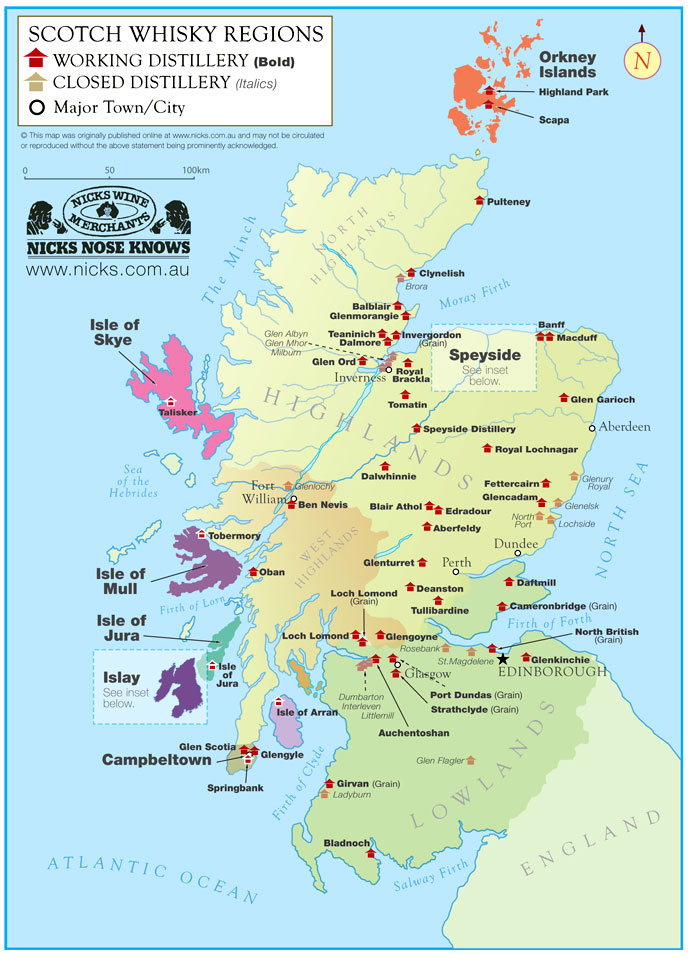Climate change may have various impacts on whisky production in Scotland. Some of them may already be evident over the past few years and here are some potential effects:
WEATHER CHANGES
Climate change could lead to alterations in precipitation and temperature in the Scottish region. This may affect water sources and quality, as whisky production requires a significant amount of water. Changes in water quality could influence the flavor and quality of whisky.

RESOURCE SHORTAGES
Climate change may result in changes in water resources in Scotland, including decreased precipitation and increased drought events. This may put pressure on the water supply for whisky production.

ADJUSTING PLANTING CYCLES
Climate change may affect the planting cycles of grains (such as barley) used in whisky production. Warming temperatures could lead to changes in the growing seasons of grains, necessitating adjustments in planting times and methods.

HIGHER ATMOSPHERIC TEMPERATURES
With global warming, Scotland may face higher temperatures. This could impact the operations of whisky distilleries, as the brewing and storage of whisky require suitable temperature conditions. Excessive heat may affect the energy usage and cooling requirements of distilleries.

WHISKY FLAVOUR CHANGES
Climate change could cause variations in the quality and sugar content of grains used in whisky production, potentially impacting the flavor of whisky.

NEW BREWING REGION
Some areas that were previously unsuitable for whisky production may become viable regions due to climate warming. This could lead to changes in Scotch whisky production areas and the emergence of new brands.
